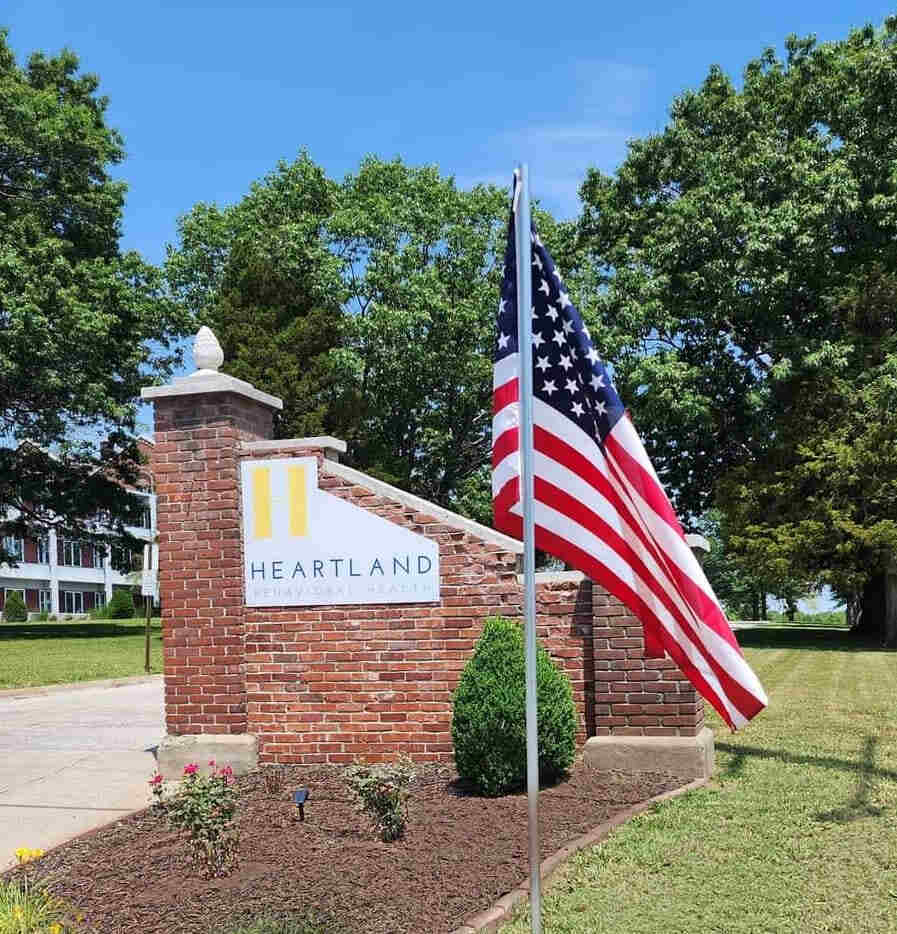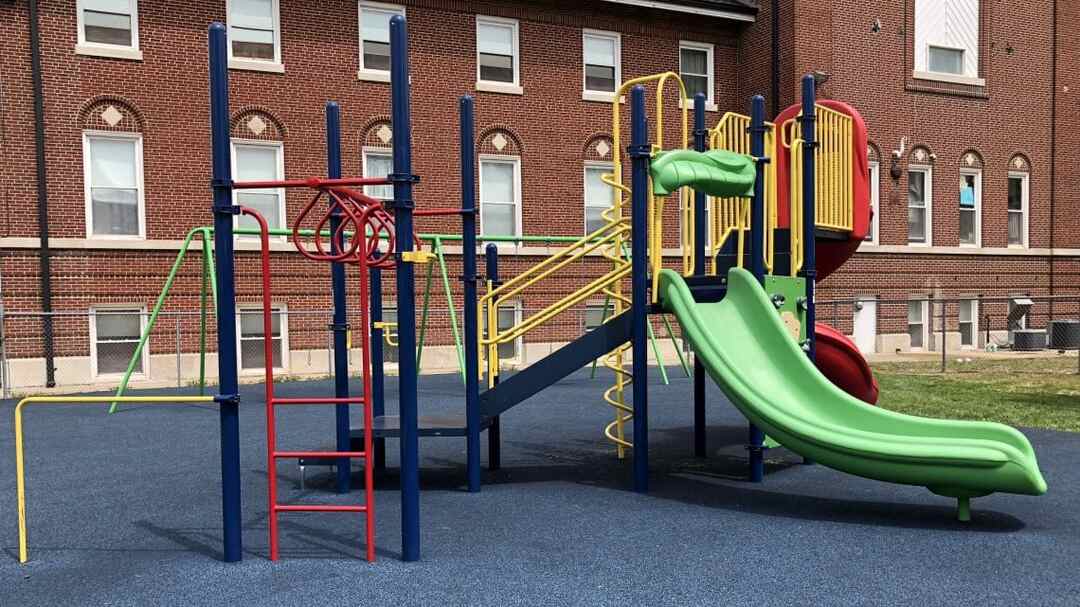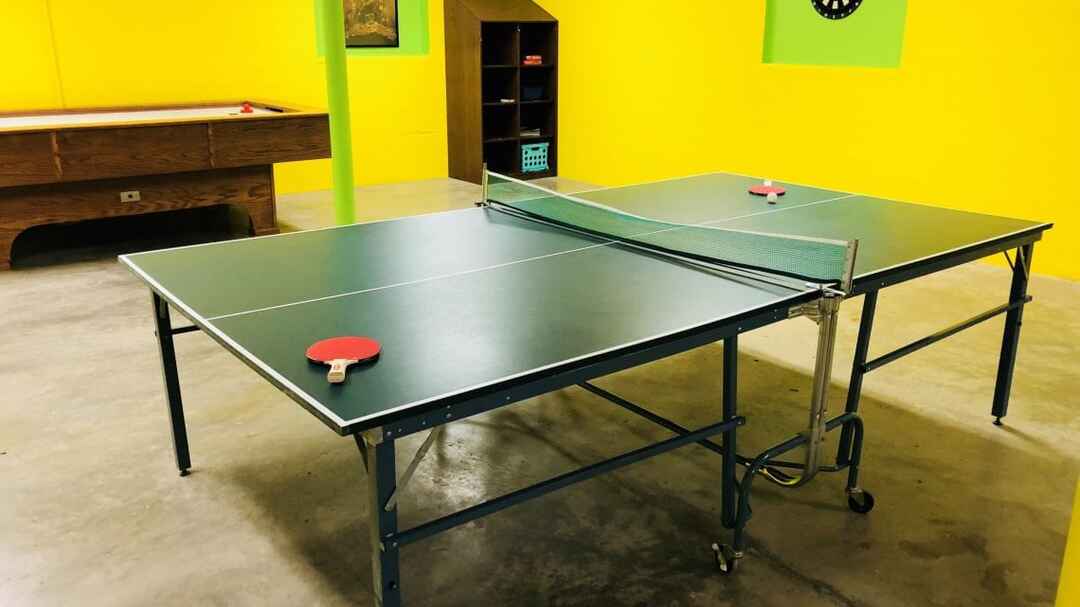About Heartland Behavioral Health Services – Nevada
Heartland Behavioral Health Services in Nevada, Missouri, provides trauma-focused therapy programs to children between the ages of 4 and 17. Residential and acute hospital care are available on the 50-acre campus that is furnished with amenities and recreational therapy options.
Therapy methods include sand tray therapy, equestrian therapy, creative arts, experiential therapies and theraplay treatment programs. Dialectical behavior therapy, eye movement desensitization and reprocessing and other evidence based, trauma focused therapies are used to create the most effective and efficient individual care plan to meet each child’s needs.
The residential program is created to cater to each child or teen’s individual needs by offering various trauma focused therapy treatment programs. Therapy professionals help each child or youth set and meet treatment goals to build coping skills and develop life skills.
There are many professionals that contribute to the care and treatment program for each patient. An eating disorder and wellness specialist performs a thorough assessment and provides support in developing healthy eating and making physical and mental health choices that promote wellness and a healthy lifestyle. Attachment and trauma-focused treatment is combined with expressive and play therapy modules that help individual and independent life skills development. They then add recreational therapy options such as skills coaching, equestrian therapy and creative arts therapy. Emotional regulation and skills to deal with stress are the main focus of treatment in order to help young people learn how to cope with anything life throws at them in a healthy and positive manner.
The pediatric behavioral health crisis stabilization unit is for children and youth between the ages of 4 and 17 who are in crisis and may be a danger to themselves or others. After admission, individuals will be introduced to multiple mental health team professionals who will help them participate in therapy programs such as 4 to 6 hours of group therapy a day, expressive arts, equestrian therapy, DBT therapy programs, skills groups, TF-CBT, and more. Family therapy is also an important aspect of therapy. If family members are not able to travel to the facility or their schedule doesn’t permit them attending therapy sessions in person, there is an option for virtual and telephone conference call family therapy sessions.
Most major insurance plans are accepted including TRICARE treatment programs for military families. It is important to verify with your personal health insurance provider what coverage you have and if you will be financially responsible for any of the costs of treatment.






